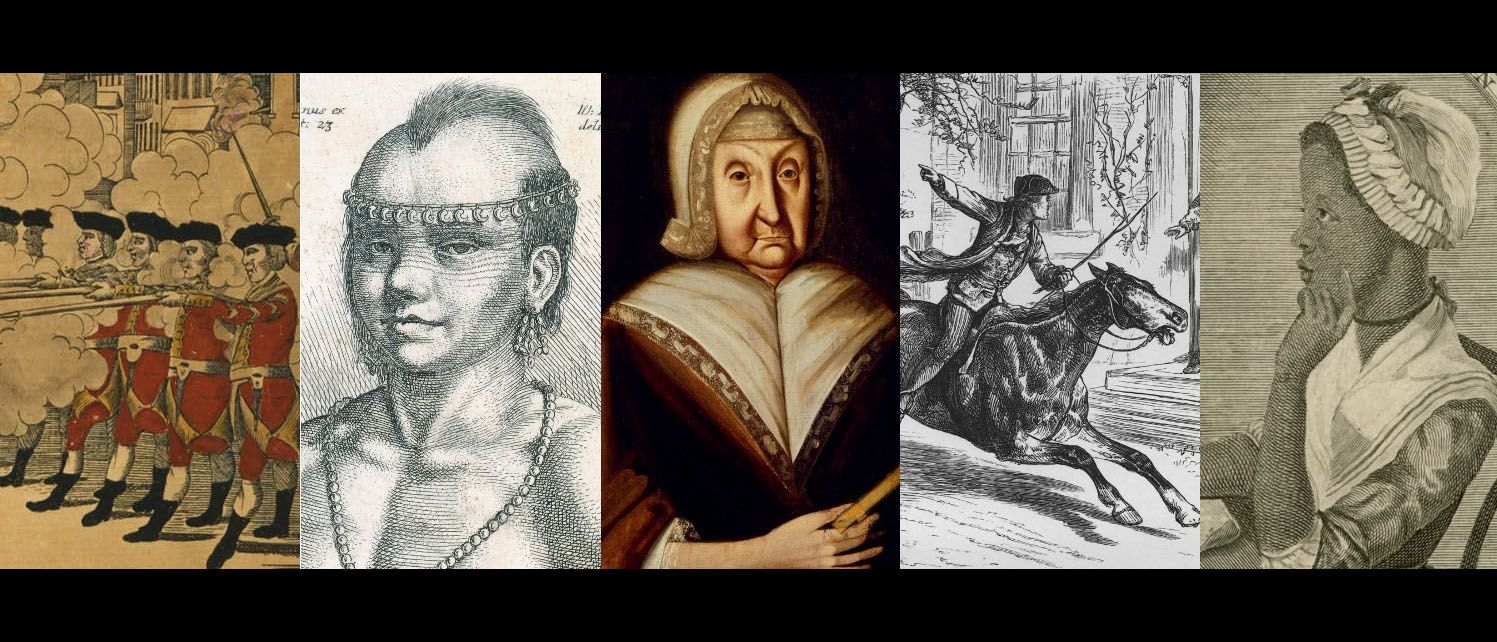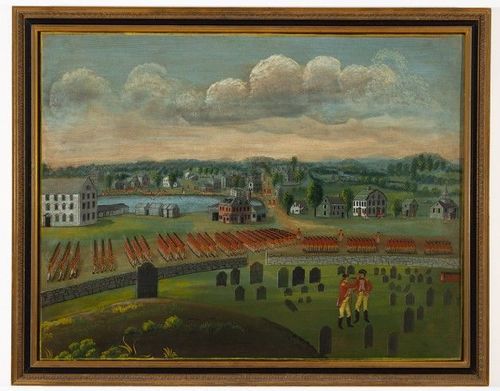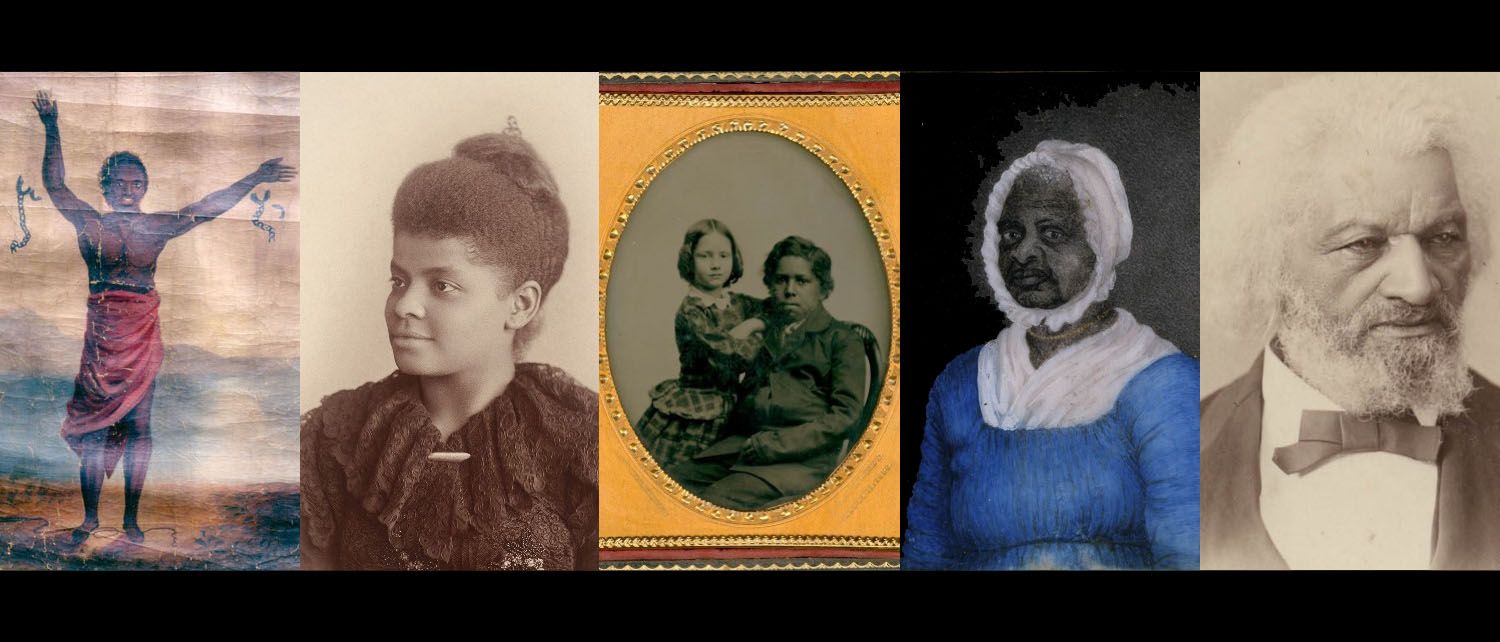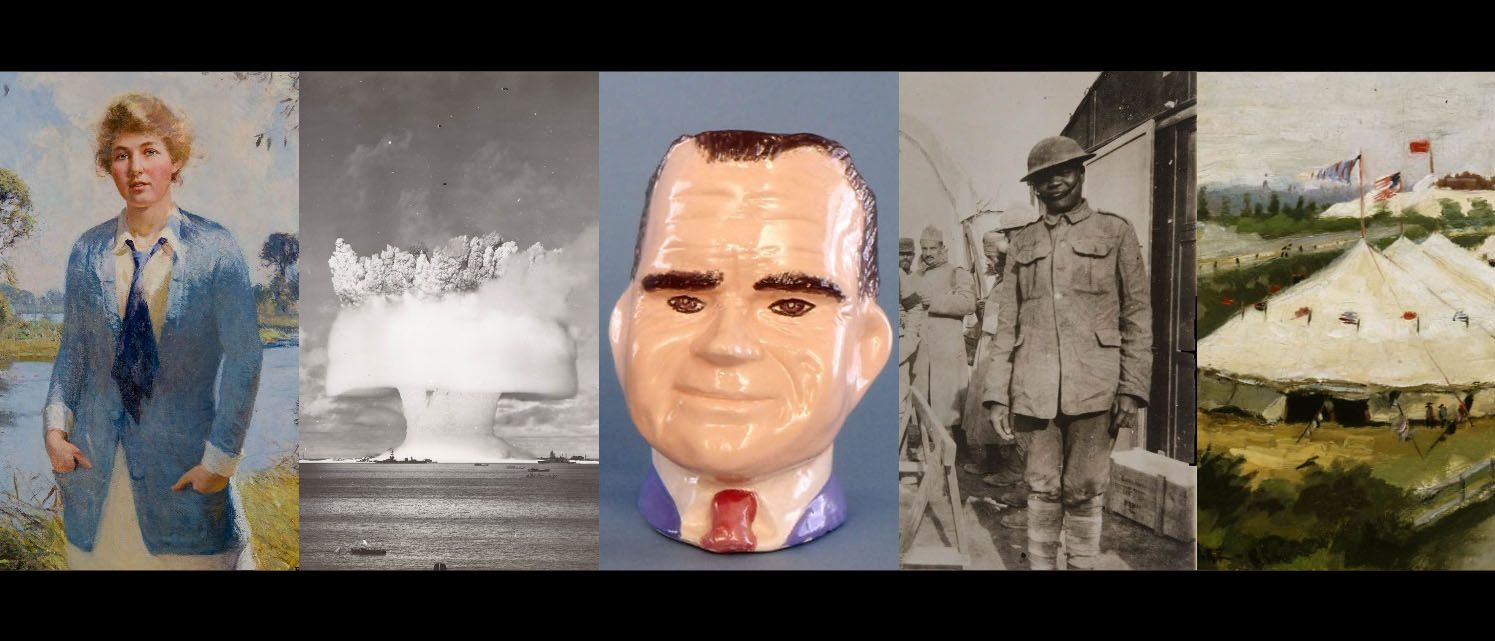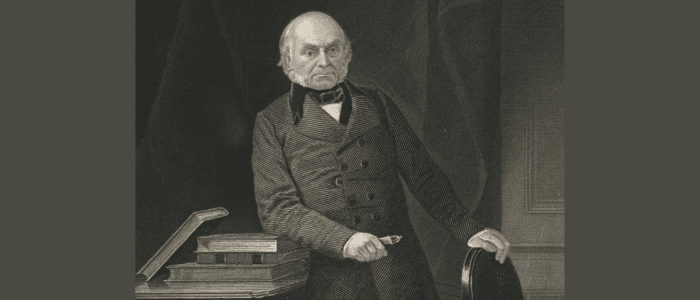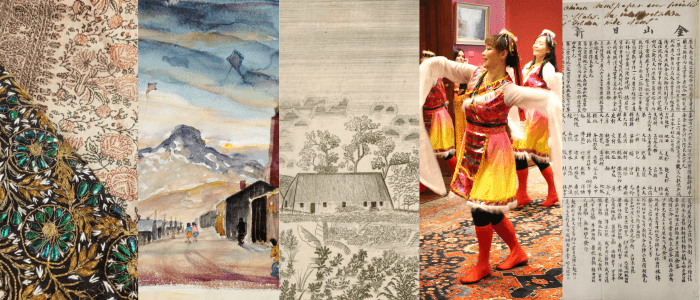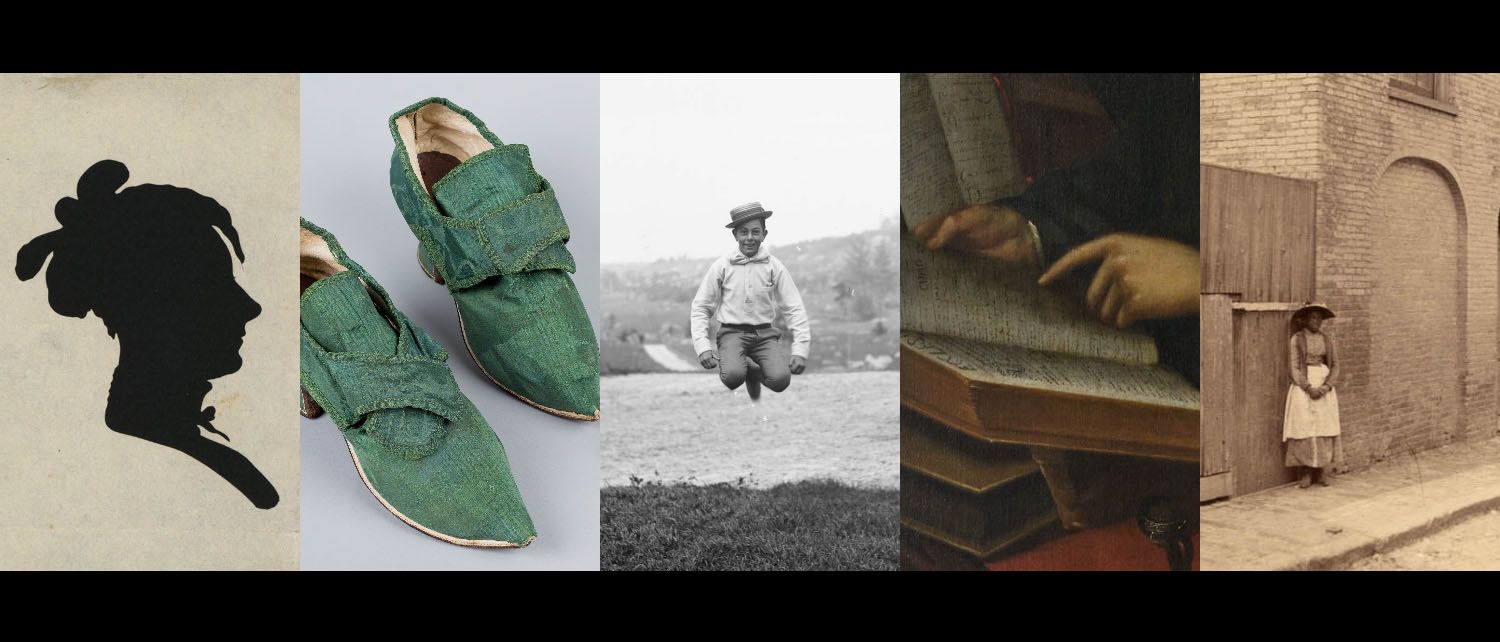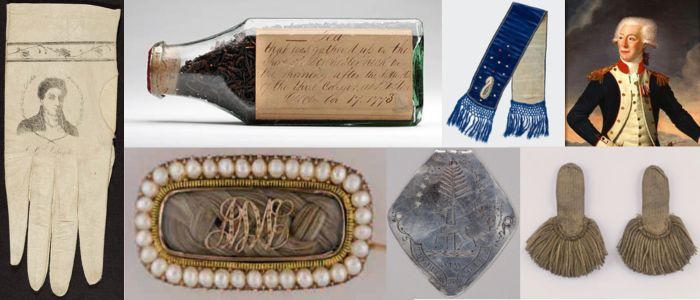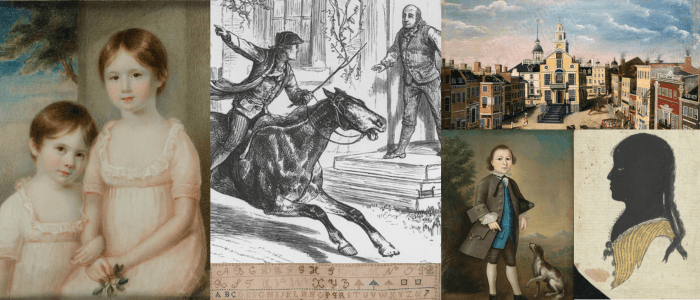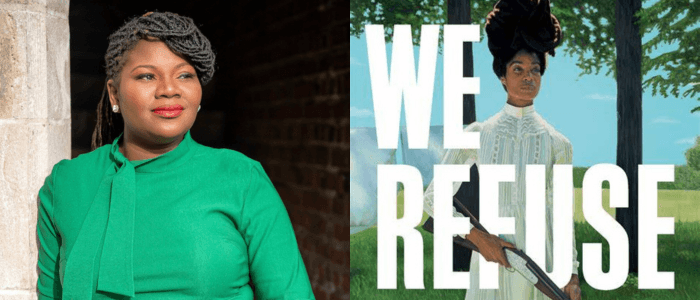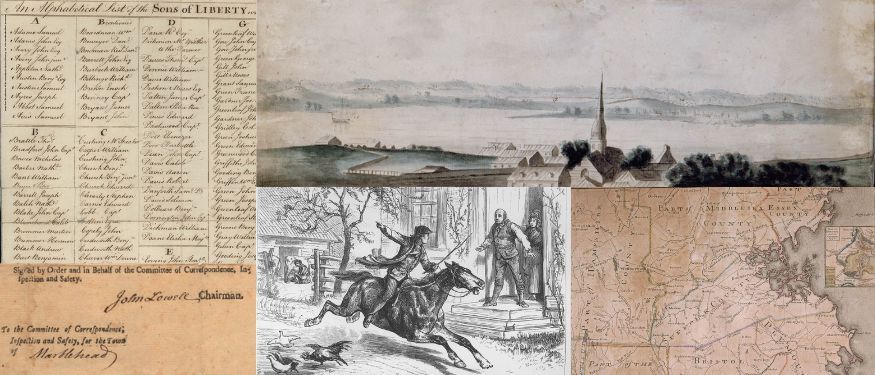Event

Boston in Film: From Eddie Coyle to Manchester by the Sea
Ty Burr, Boston Globe; Robert Allison, Suffolk University, and Chuck Hogan
The 1973 film The Friends of Eddie Coyle was not a box office smash but it became a cult classic and was particularly popular among film makers and film critics. The movie may have been the first to depict Boston as a working class and violent city but it certainly was not the last. With Academy award-winning films including The Departed, Mystic River, Goodwill Hunting, and Manchester by the Sea, one might say there is a gritty Boston genre. Our discussion will explore what these films say about Boston and what the city represents nationally.
This is the first of two conversations in partnership with Brattle Theater and Emerson College. Please note, this is an online program.
This is an online program.
